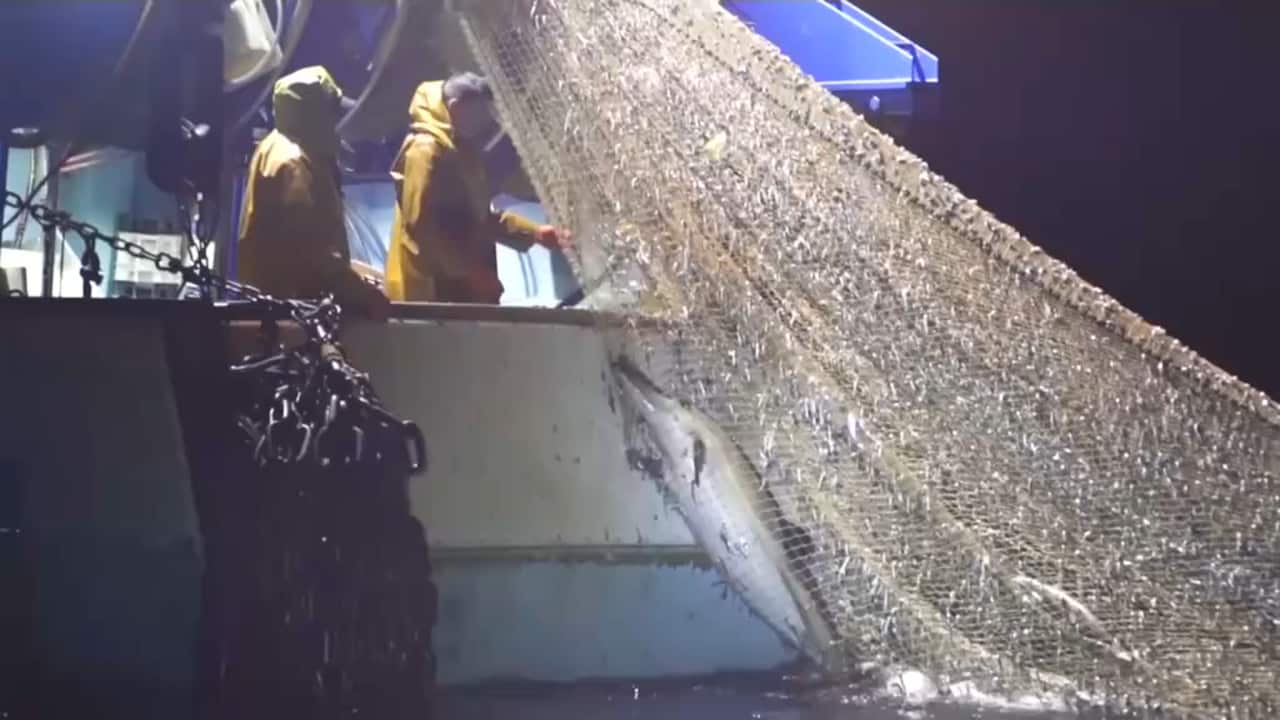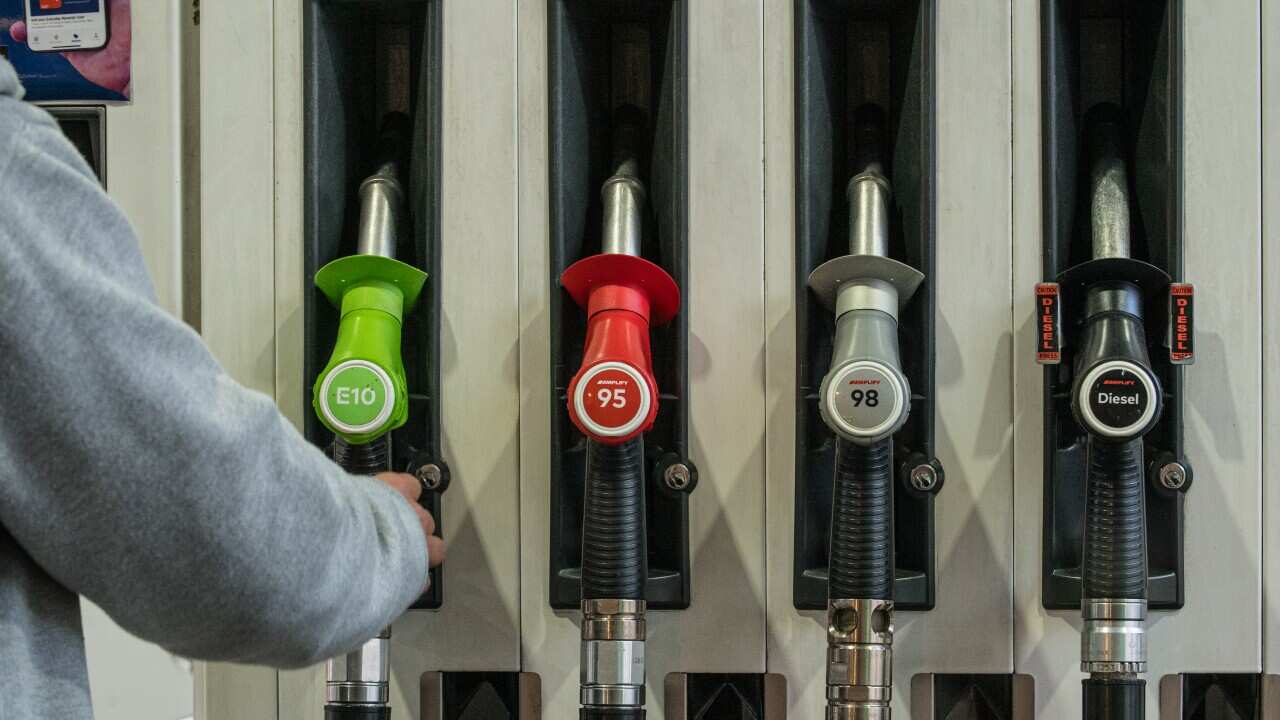Environmentalists warn dolphins off the coast of France could face extinction after 1100 carcasses were found on French shores in the first three months of 2019.
Researchers from La Rochelle University have been counting the numbers of dolphins washing up on Atlantic Ocean coastlines and said autopsies found many of the carcasses bore the signs of mutilation. Others had their fins cut off.
The mass deaths have been widely blamed on the high levels of industrial fishing in the Bay of Biscay, with researchers telling Associated Press an estimated 90 per cent of the dolphin deaths were a result of being entangled in fishing nets.
Lamya Essemlali, director of Sea Shepherd France, said the scars on the dolphins clearly show they were victims of the fishing industry.
“When they put their net in the water and the water is full of dolphins, they get caught in the net,” she told the Associated Press.
“They suffocate and they injure themselves because they try to get away from the nets, and that's the reason why we find all these marks on their bodies.
“We also find a fluke being cut off because when the fishermen get them on board most of the time they don't bother cutting the net. They will cut the fluke”

A dolphin is caught in the net of a fishing Trawler (Associated Press/Sea Shepherd). Source: Associated Press/Sea Shepherd
This year’s dolphin death count has already surpassed last year’s total, which was the highest in 40 years.
No-one has been able to explain the unexpected spike in the death toll, leaving environmental activists deeply concerned about the future of the species in the region.
Ms Essemlali links the increase in fishing activity to the increasing number of fatalities.
“We've seen an increase in this bycatch for the past three years,” she said.
“And right now it's such an alarming rate that the scientists estimate that it can drive the dolphin population to extinction.”
French Ecology Minister François de Rugy last week announced a protection plan for dolphins off the Atlantic Coast, promising to increase research into repellent devices to prevent more deaths.
Repellent devices have already been installed on 26 trawlers off the Bay of Biscay fishing hub.
But Sea Shepherd France said installing more devices is not a long term solution and will only add to noise pollution in the ocean.
“People eat too much fish, and we want to eat more and more fish and at a cheaper price,” Ms Essemalali said.
“And right now the sea bass that is being caught by the trawlers that kill dolphins, you can find it on the French market for 8 euros (9 US dollars) per kilo.”
“We’re going to have to drastically lower our consumption of fish. If you don't need fish, don't eat it, leave it in the ocean.”









